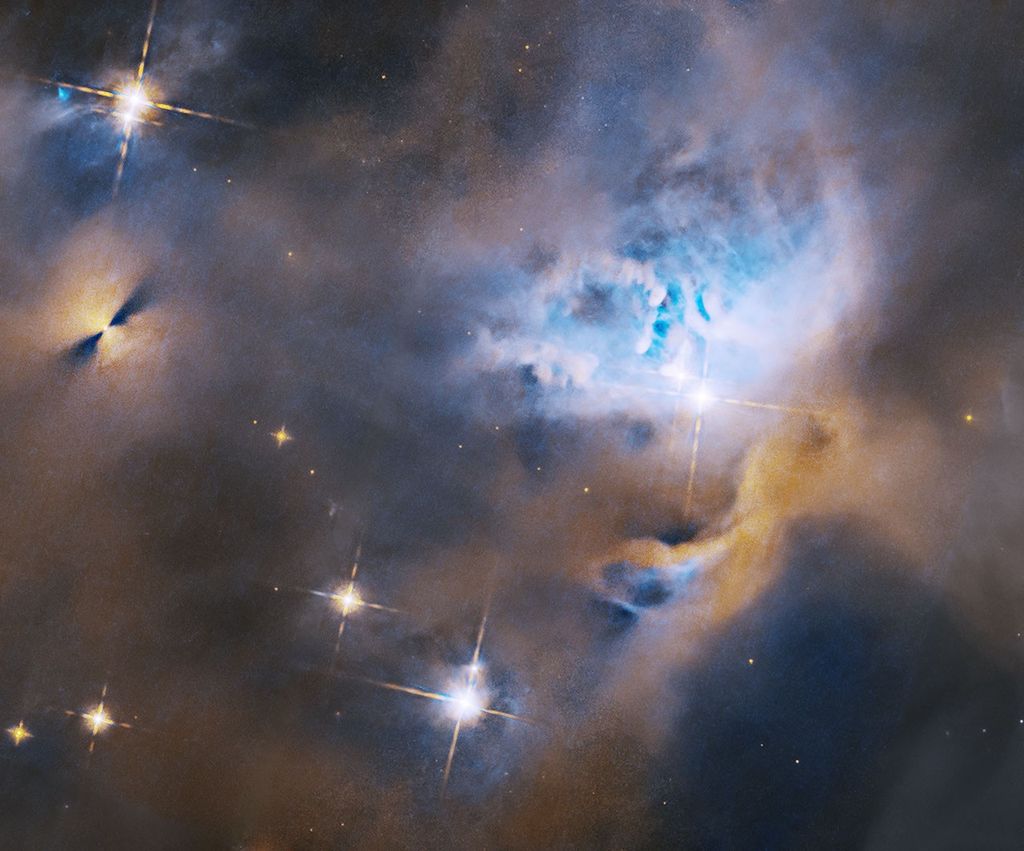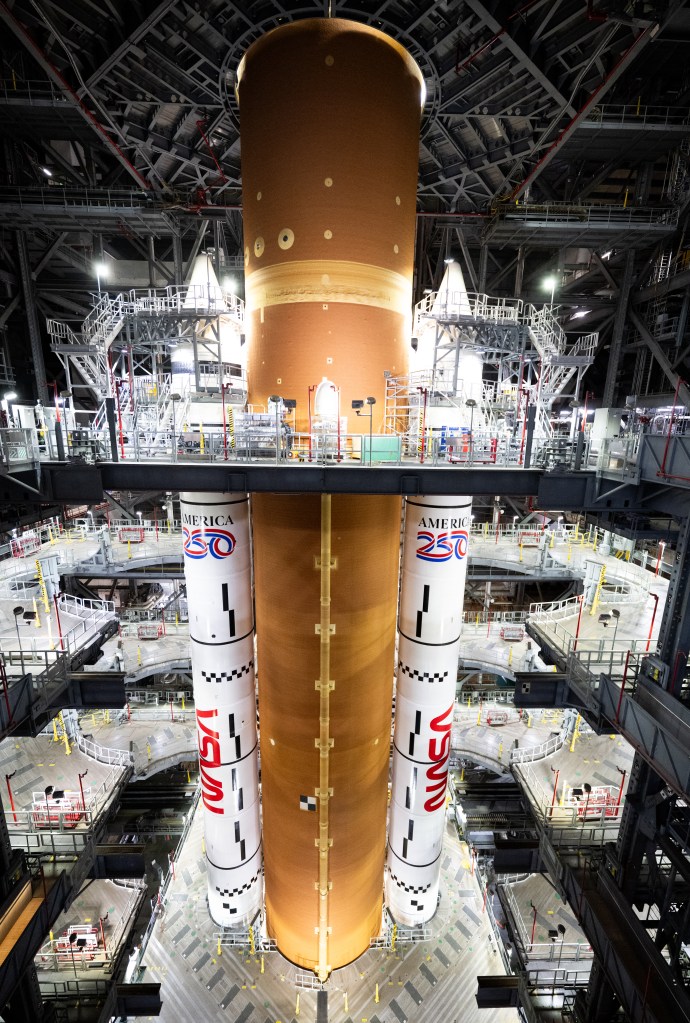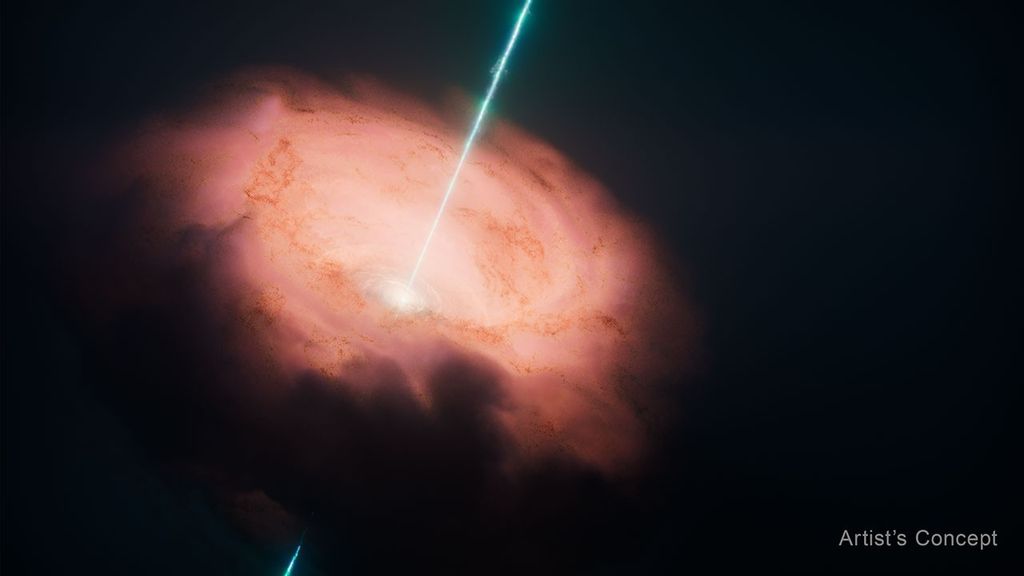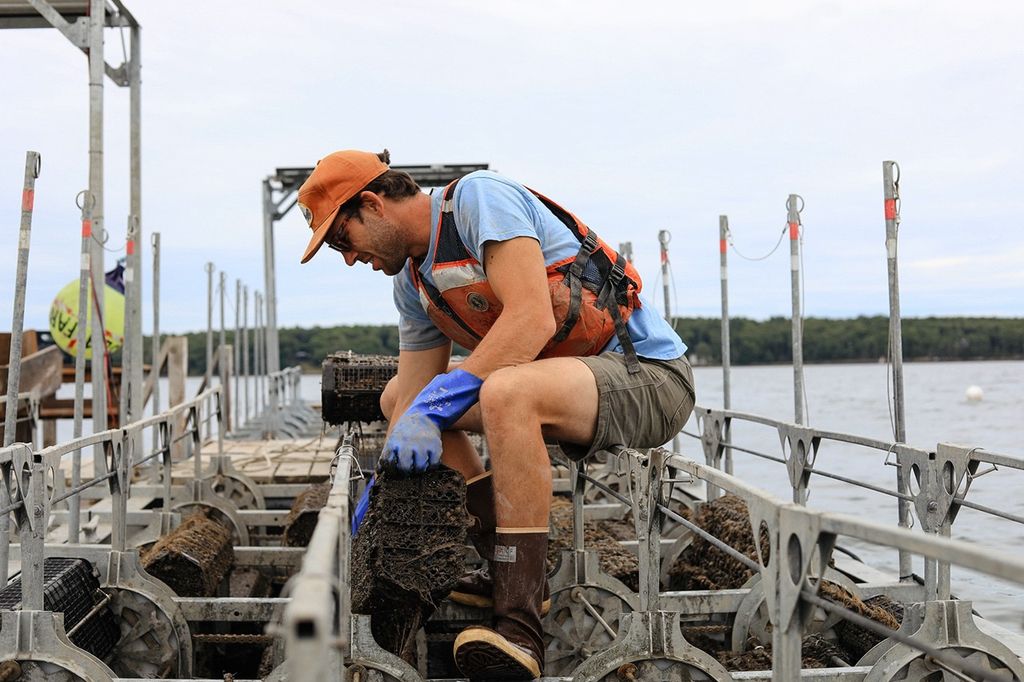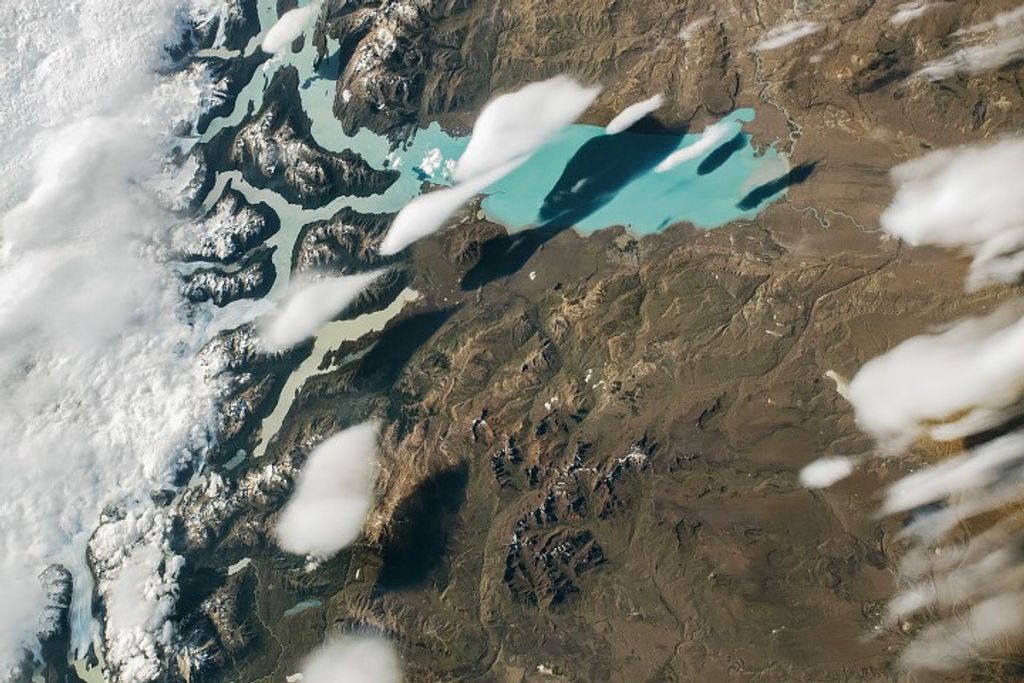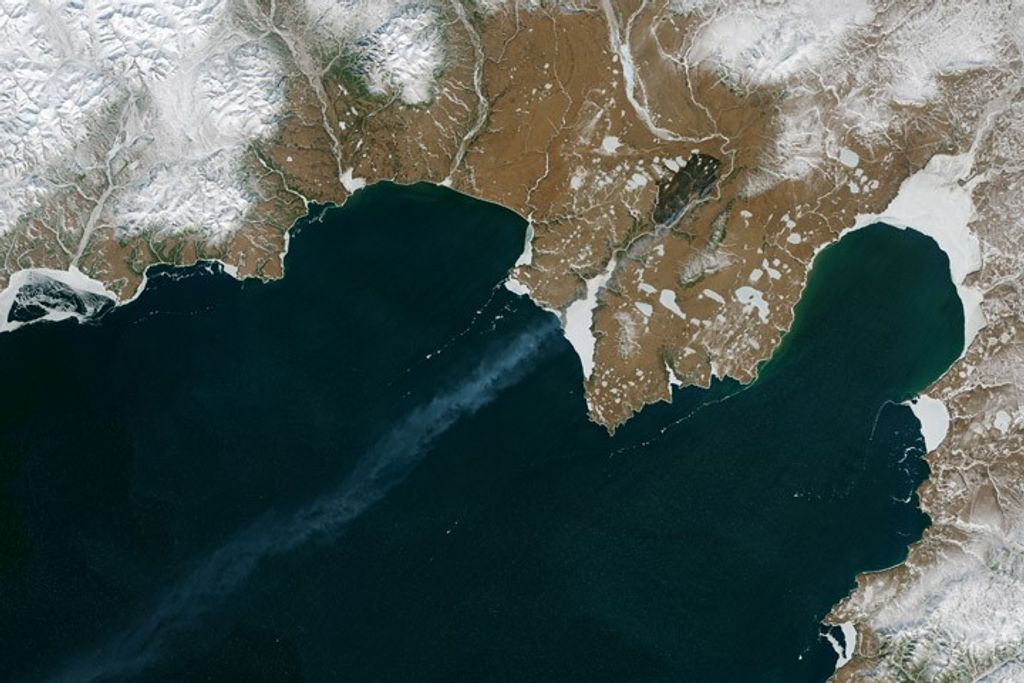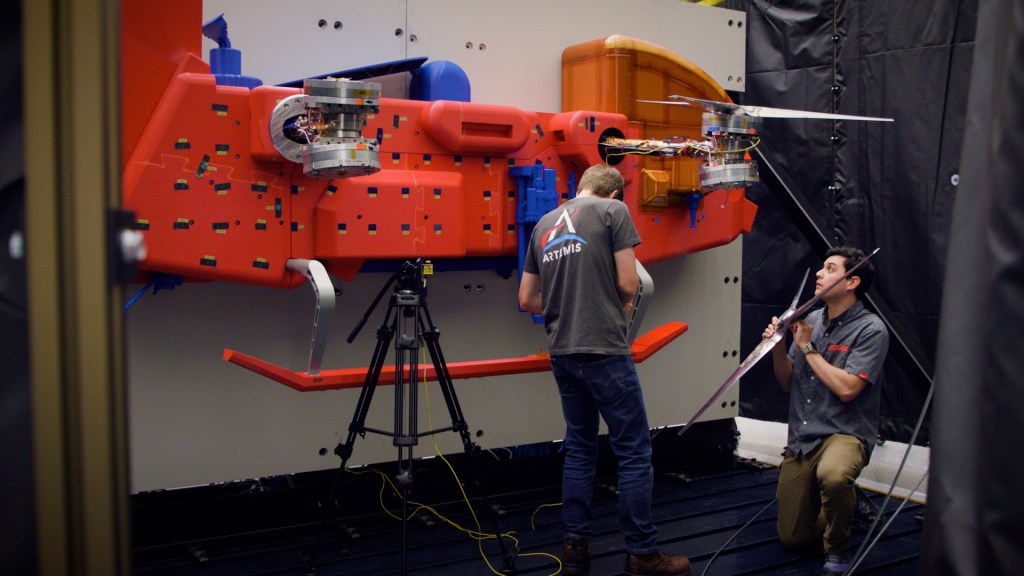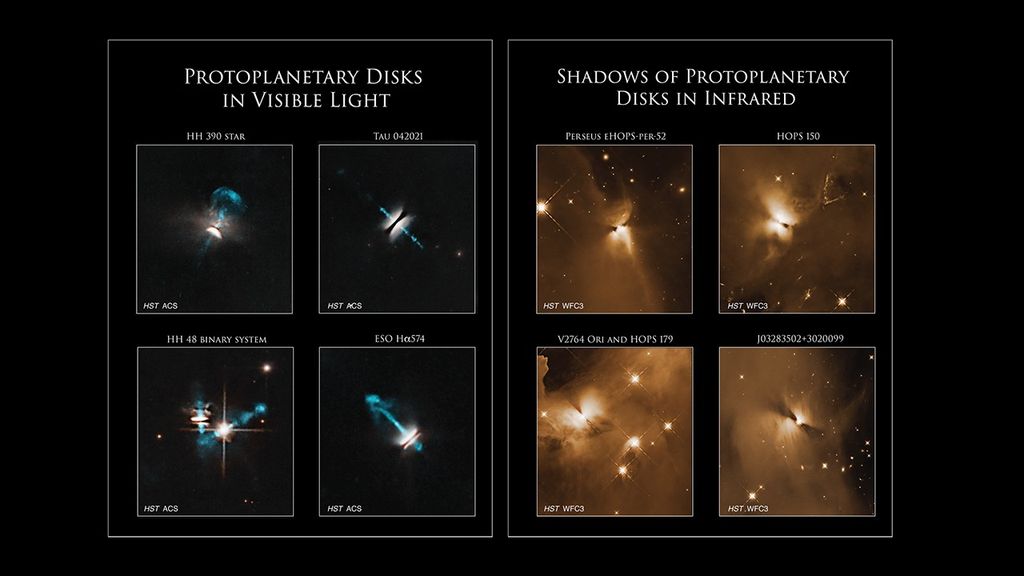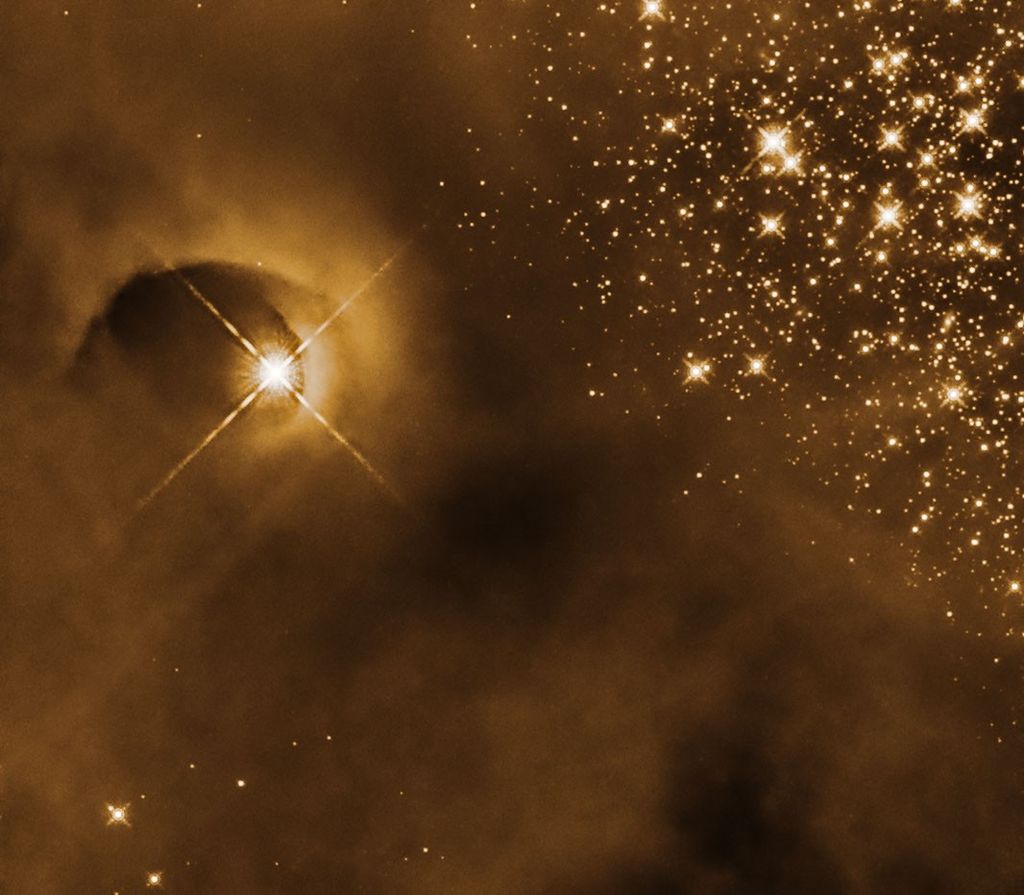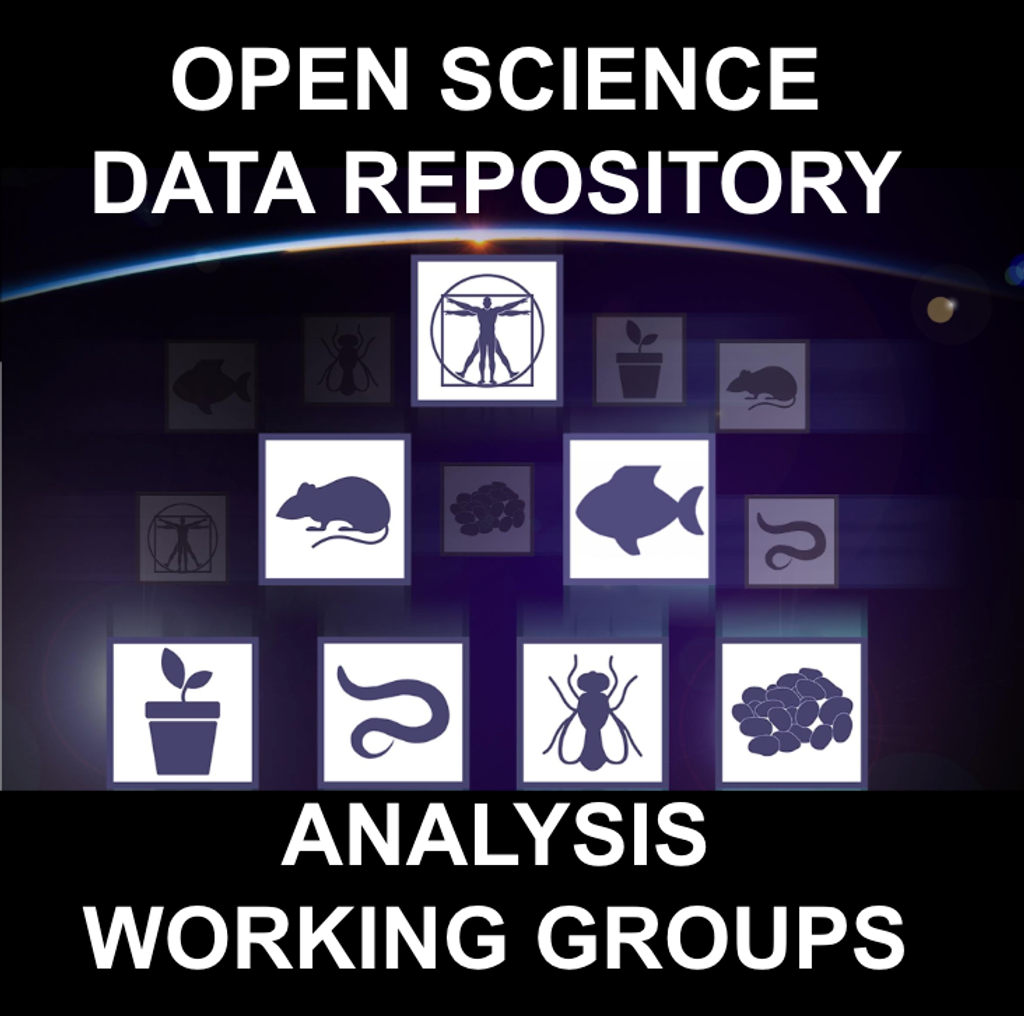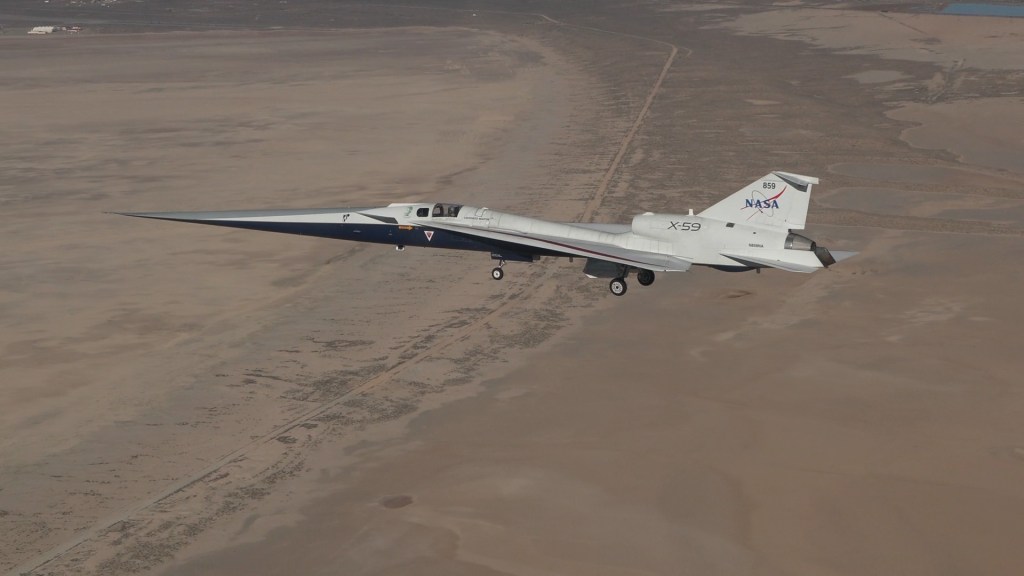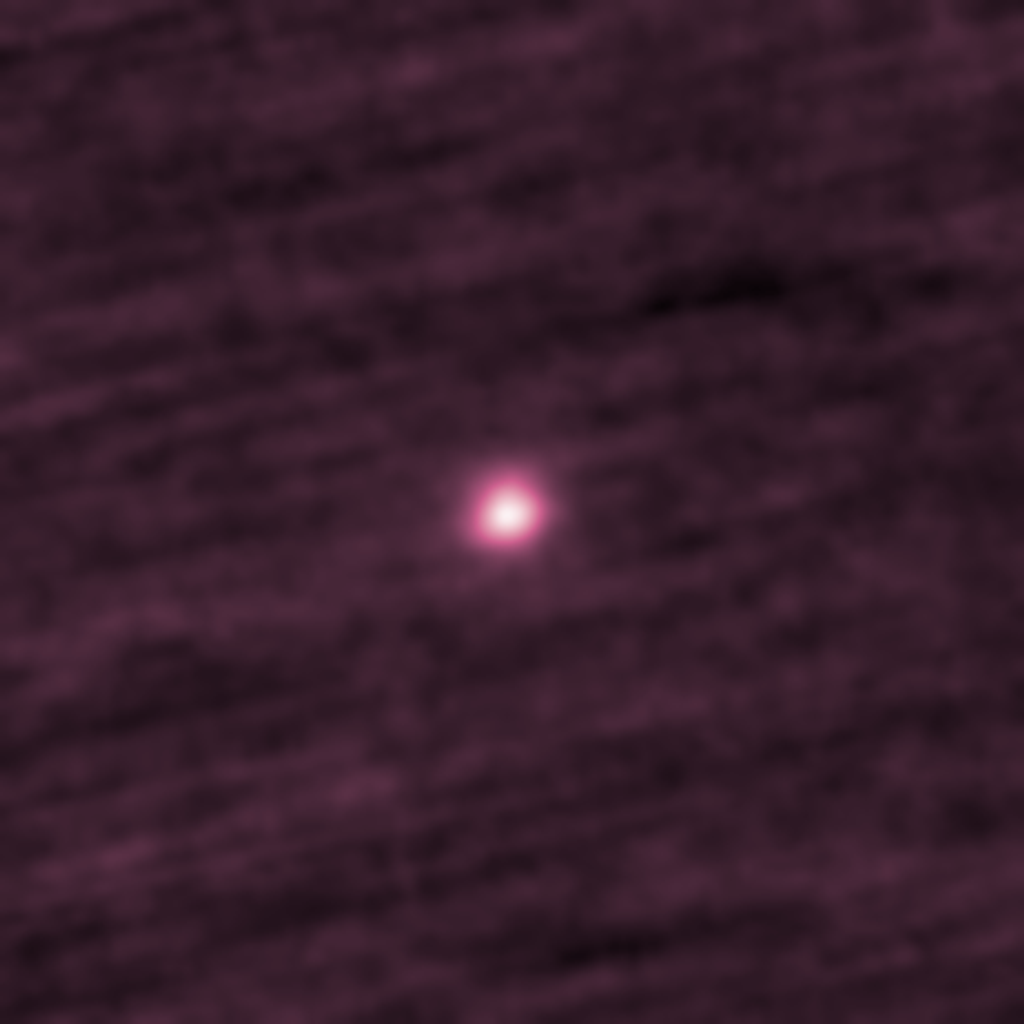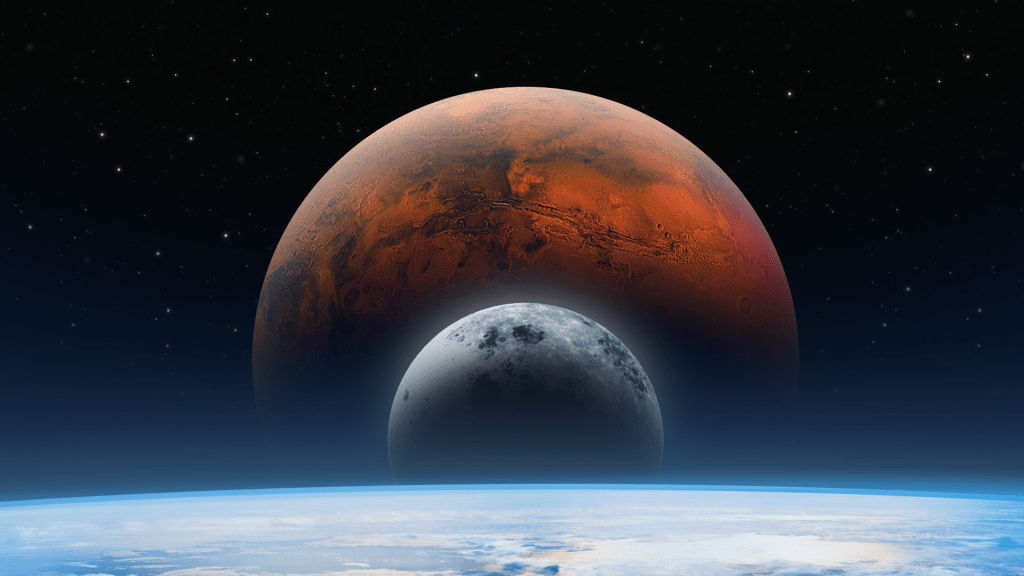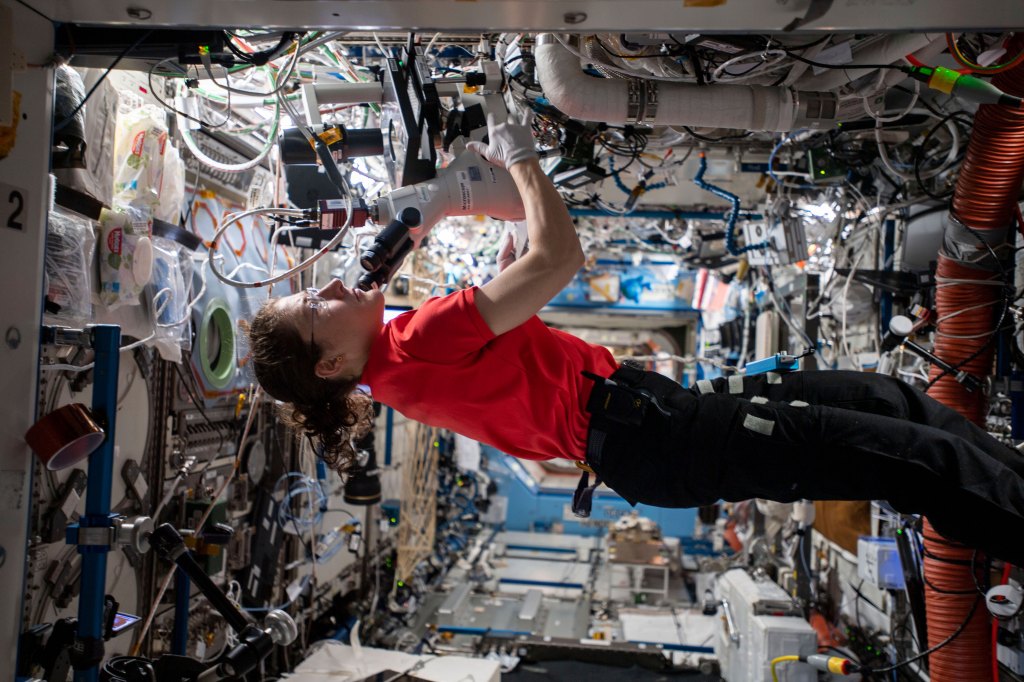NASA has selected 11 finalists in Phase 2 of the Deep Space Food Challenge, a public competition to extend the limits of humans in space – through food.
A first-of-its-kind coordinated effort between NASA and the Canadian Space Agency (CSA), the Deep Space Food Challenge aims to kickstart future food systems for pioneering missions to the Moon, Mars, and beyond. The multiphase technology competition invites problem-solvers around the world to design, build, and test new ways to sustain astronauts in space for months or even years at a time.
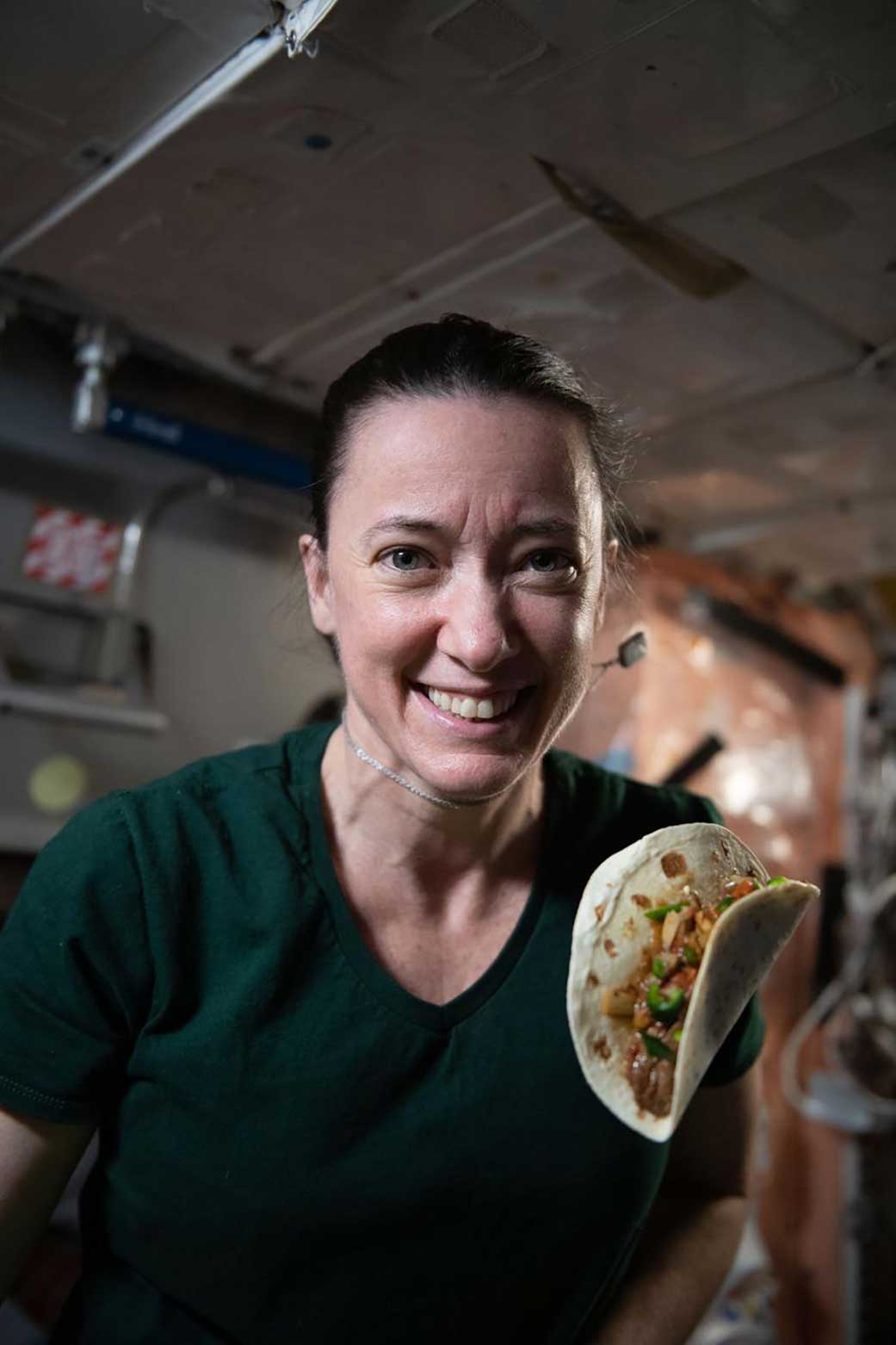
“As we prepare for long-duration human spaceflight, food is essential not only for nutrition, but also familiarity and comfort on long voyages and in isolated environments,” said Jim Reuter, associate administrator for NASA’s Space Technology Mission Directorate. “Drawing on the creativity of innovators is allowing us to tackle this important yet complex challenge in new and interesting ways.”
The second phase of the competition opened in January 2022 and challenges both new teams and previous Phase 1 winners to build small-scale prototypes of their ideas. Dozens of teams developed innovative technologies to use minimal resources, create little waste, and produce safe, healthy, and appetizing foods for astronauts.
Among the proposed solutions are systems that create food using carbon dioxide and fungal proteins, as well as closed-looped systems designed to grow and sustain greens and vegetables. A panel of expert judges from across academia, industry, and government evaluated teams’ submissions on criteria such as design innovation, scientific and technical approach, as well as the feasibility of their design. Eleven selected teams qualified to move on to the final round of Phase 2 judging.
The following U.S. finalists will each receive $20,000:
- InFynity (Chicago, Illinois) is utilizing a fungi protein to prepare nutritious and delicious foods.
- Nolux (Riverside, California) is producing plant- and fungal-based food using artificial photosynthesis.
- Mu Mycology (Hillboro, Oregon) uses a closed-loop mushroom cultivation system allowing for scalable growth of various edible mushrooms.
- Kernel Deltech USA (Cape Canaveral, Florida) produces inactivated fungal biomass using a continuous cultivation technique.
- Interstellar Lab (Merritt Island, Florida) produces fresh microgreens, vegetables, mushrooms, and insects to provide micronutrients for long-tern space missions.
- Far Out Foods (St. Paul, Minnesota) developed a nearly closed-loop food production system called the Exo-Garden that is capable of producing a variety of mushrooms and hydroponic vegetables.
- SATED (Boulder, Colorado), or Safe Appliance, Tidy, Efficient, & Delicious, cooks a variety of well-known foods from long-shelf-life ingredients.
- Air Company (Brooklyn, New York) developed a system that captures carbon dioxide exhaled by astronauts, combined with hydrogen made with water electrolysis, to produce alcohol that is then fed to an edible yeast to make proteins, fats, and carbohydrates.
Additionally, NASA and CSA jointly recognized three international finalist teams from outside the U.S. and Canada:
- Enigma of the Cosmos (Melbourne, Australia) created a food production system with an adaptive growing platform that could increase the efficiency by at least 40%.
- Solar Foods (Lappeenranta, Finland) uses gas fermentation to produce single-cell proteins.
- Mycorena (Gothenburg, Sweden) developed a circular production system utilizing a mix of microalgae and fungi, resulting in a microprotein using minimal resources while generating minimal waste.
“In addition to meeting needs for long-term deep space missions, the judges also considered the potential use of the technology here on Earth, where food insecurity is a significant problem in harsh environments,” said Denise Morris, the Prizes Challenges, cand Crowdsourcing program’s acting program manager for Centennial Challenges at NASA’s Marshall Space Flight Center in Huntsville, Alabama.
U.S. teams were asked to envision the future and adaptability of their technologies by developing a plan to scale for power, mass, and volume in different environments; increase the variety to include more or different food outputs; and extend the stability of the ingredients and food outputs of their systems. Team Hefvin (Bethesda, Maryland) was recognized for these plans and received a $10,000 bonus prize for their work growing fruit cells in nutrient-rich media, producing berries rich in flavor, color, and aroma.
As a next step, judges will visit each of the Phase 2 finalists at their facilities to evaluate their technologies and the food outputs as well as participating in a demonstration to evaluate the acceptability and ease of the food production process. Following these on-site demonstrations, up to five top scoring U.S. teams will be recognized as Phase 2 challenge winners, each awarded $150,000. Up to three top scoring international teams will be recognized as Phase 2 challenge winners. The winners of Phase 2 are scheduled to be announced in April 2023.
The Deep Space Food Challenge is a coordinated effort between NASA and the Canadian Space Agency. Subject matter experts at NASA’s Johnson Space Center in Houston and the agency’s Kennedy Space Center in Florida support the competition.
The Deep Space Food Challenge is one of NASA’s Centennial Challenges, which are part of the Prizes, Challenges, and Crowdsourcing program within NASA’s Space Technology Mission Directorate. The agency’s Marshall Space Flight Center in Huntsville, Alabama, manages Centennial Challenges. NASA, in partnership with the Methuselah Foundation, will oversee the United States and international competitors.
For more information on NASA, visit:

